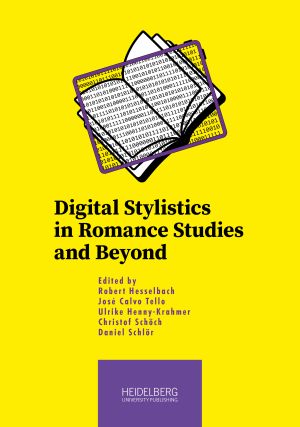Zitationsvorschlag
Lizenz (Kapitel)

Dieses Werk steht unter der Lizenz Creative Commons Namensnennung - Weitergabe unter gleichen Bedingungen 4.0 International.
Identifier (Buch)
Veröffentlicht
Dutch Strong and Weak Pronouns as a Stylistic Marker of Literariness
Abstract Certain languages exhibit distinctions between strong and weak forms of pronouns. Linguists have attempted to explain the preferences for the different forms of pronouns in terms of pragmatic factors, specifically discourse salience and contrast. These factors only partially account for the variation observed. In this article we propose to add another factor, style. We investigate the case of Dutch with a corpus of literary novels. We present quantitative results in the form of corpus frequencies and correlations with literary prestige, as well as qualitative judgments from a manual analysis, and finally a statistical analysis of coreference annotations. This complements the linguistic studies, which have focused on testing explanations in specific contexts in controlled experiments, without testing the relevance of those explanations in naturalistic data. Our results suggest that style is a prominent factor in the strong/weak pronoun distinction, since the linguistic explanations have limited predictive power, while our corpus study shows that a high proportion of strong pronouns is associated with literary prestige and Dutch authorship.
Keywords strong and weak pronouns, literariness, Dutch






